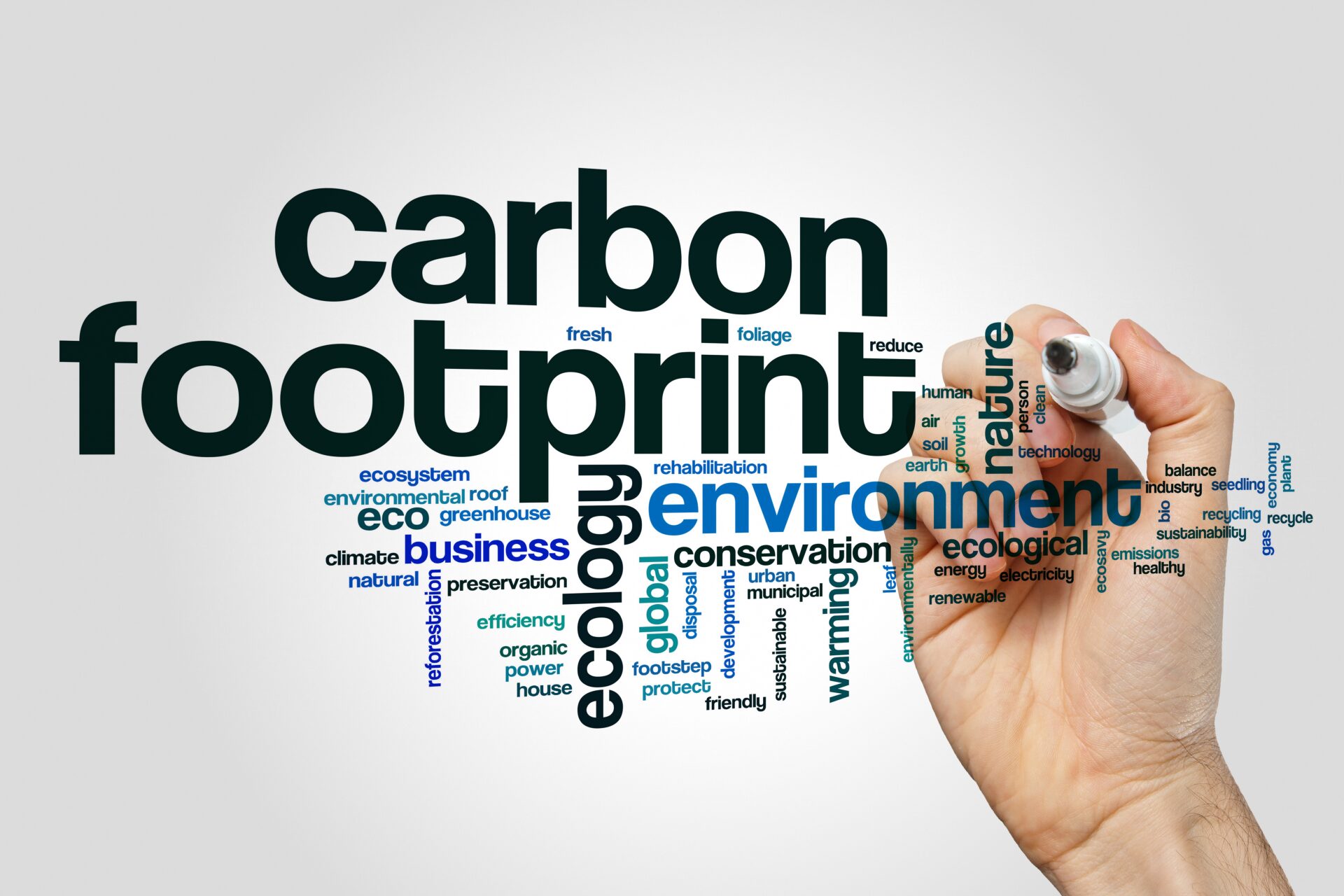The Environmental Working Group (EWG) has petitioned USDA to prohibit beef producers like Tyson Foods from claiming their “climate-friendly” products and to require independent verification of all climate claims companies use to market beef to consumers.
EWG earlier this year petitioned USDA to prohibit “Low-Carbon Beef” labels and require third-party verification for similar carbon claims. The EWG also wants USDA to require a numerical on-pack carbon disclosure when such claims are made.
However, it may not be simple or settled regarding climate claims, even when beef is involved.
Beef is not usually considered a carbon-friendly product compared to what? The University of California-Davis recently found that lab-grown meat could have a greater carbon impact than regular beef because of the pharmaceutical-like production methods that are likely used.
“We conducted a study, and it shows that there is a risk that cultured meat might be worse for the environment in some situations than animal agriculture,” according to UC Davis’s Edward Sprang.
The environmental group argues that misleading climate claims like “climate-friendly” on beef products or allowing climate claims without sufficient verification and an accompanying numerical carbon disclosure violates federal laws prohibiting false and misleading claims, said EWG in its petition.
“There is no single food choice less friendly for the climate than beef,” said Scott Faber, senior vice president for government affairs at EWG. “The only thing ‘brazen’ about Tyson’s beef is its claim that it can ever be climate-friendly.”
Per gram of protein, beef production produces approximately nine times more greenhouse gas, or GHG, emissions than poultry, six-and-a-half times more than pork, and 25 times more than soybeans, according to EWG.
EWG policing climate-related speech has not yet raised concerns about USDA’s labels. USDA spends millions on its programs that it has taken to labeling “Climate Smart” and “Climate Solutions.”
Studies show no food choice results in more greenhouse gas emissions than beef. But many consumers viewing “climate-friendly” claims, like those made by Brazen Beef, an initiative of Tyson Foods, are likely to assume that purchasing beef bearing such a label will help reduce greenhouse gas emissions.
The EWG says that, by any measure, beef is the wrong choice for the climate.
The EWG urges the USDA to prohibit “climate-friendly” and similar claims on beef products and to require a third-party verification and a numerical on-pack carbon disclosure for such claims to give consumers more information.
Brazen Beef claims to rely on “innovative, reliable farmers who raise crops using agricultural practices that can help reduce GHG emissions,” citing changes in tillage, the adoption of cover crops, and better nutrient management. It also says that ranchers must meet the Tyson Foods’ Climate-Smart Beef Program criteria, which includes an auditing process and data sharing that is “used in a model that estimates GHG emissions.”
Brazen Beef claims its GHG emissions are already down 10 percent. In support of this claim, Brazen Beef says that it has “built a model that backs it up.”
Yet neither Brazen Beef nor Tyson identifies the farmers or ranchers adopting these practices, names the specific practices that have been adopted, or produces data demonstrating that these practices have reduced the methane emissions produced by animals and their manure or the nitrous oxide emissions caused by fertilizing crops grown for animal feed.
“Consumers assume that such ‘climate-friendly’ and similar claims have been verified by an independent third party,” Faber said. “But the USDA relies on an honor system, taking ranchers and food companies at their word without any verification by the USDA or a qualified third party.”
The EWG also submitted a Freedom of Information Act request to the agency asking for all internal communications, including emails, memos, and minutes of meetings between agency staff and representatives from beef producers like Brazen Beef and Tyson.
“No amount of greenwashing by companies can obscure that beef is always the worst food choice for the climate,” Faber said.
(To sign up for a free subscription to Food Safety News, click here.)

